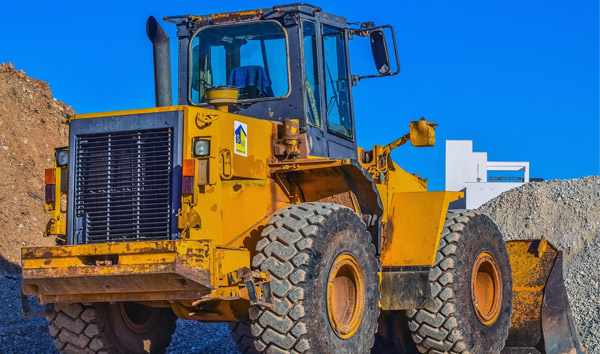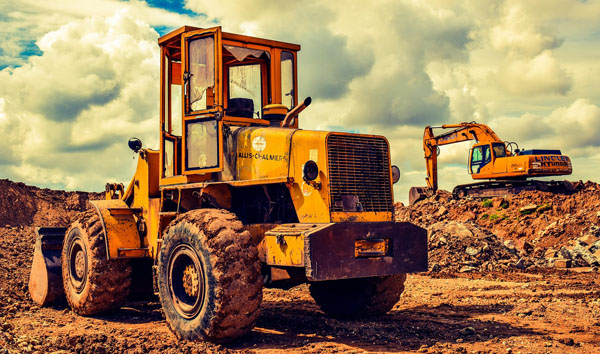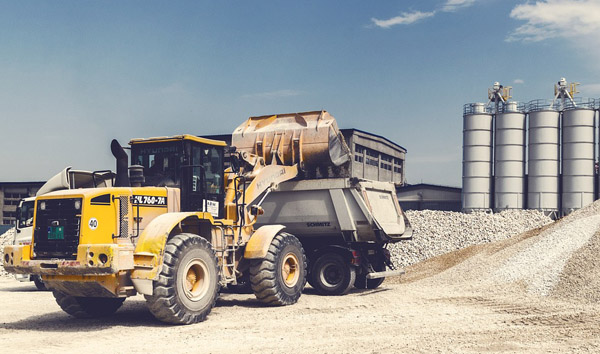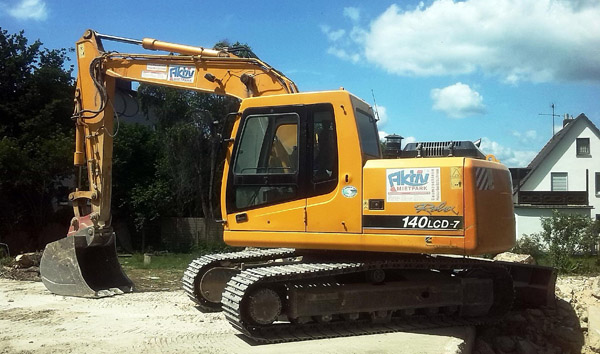Navigating the Challenges of Rough Terrain Forklift Tyres (Pneumatic)
2025-07-23 04:25:24
Rough Terrain Forklift tyres (pneumatic) are engineered to withstand harsh conditions, from construction sites to agricultural fields. Unlike solid or cushion tyres, pneumatic variants offer superior shock absorption, reducing operator fatigue and equipment wear. Their deep tread patterns enhance grip on loose or uneven surfaces, ensuring stability even under heavy loads. Industry data indicates that pneumatic tyres account for over 60% of rough terrain forklift applications due to their adaptability and resilience.
One of the key advantages of rough terrain forklift tyres (pneumatic) is their ability to distribute weight evenly, minimizing ground pressure. This feature is particularly beneficial in soft or muddy terrains, where traditional tyres might sink or lose traction. Recent studies show that forklifts equipped with pneumatic tyres experience 30% less downtime compared to those with solid alternatives. Additionally, their air-filled design allows for adjustable pressure, optimizing performance across varying load capacities.
The construction of rough terrain forklift tyres (pneumatic) incorporates reinforced sidewalls and high-grade rubber compounds to resist punctures and abrasions. Manufacturers are increasingly integrating advanced materials like Kevlar belts to extend tyre lifespan, with some models lasting up to 5,000 hours in extreme conditions. Industry leaders report a 15% annual growth in demand for these tyres, driven by expanding logistics and infrastructure projects.
In conclusion, rough terrain forklift tyres (pneumatic) remain indispensable for heavy-duty operations. Their unmatched versatility, durability, and traction make them the preferred choice across industries. As technology advances, further innovations in materials and tread designs will continue to elevate their performance, solidifying their dominance in challenging work environments.














